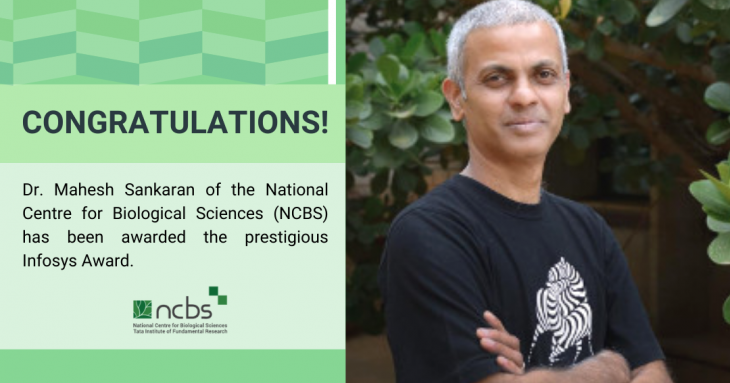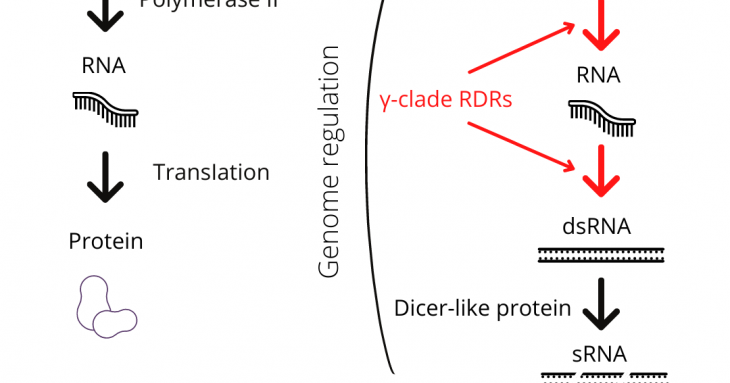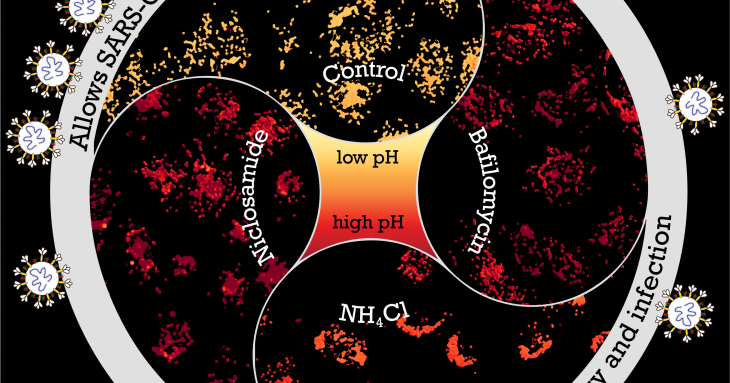-
Dr. Mahesh Sankaran awarded the Infosys 2021 prize for Life Sciences
Prof. Mahesh Sankaran has been awarded the Infosys Prize for Life Sciences for his exemplary contributions to the field of ecosystem ecology. His work on savannas, specifically the drivers of savanna ecosystem structure and the potential responses of these ecosystems to climate change have been critical in shaping the research agenda in this field over the past decade.
-
-
Indian Butterfly Monitoring Scheme Launched
A network to monitor butterfly populations in India for science, education, community building, and biodiversity conservation
-
Explained: Why ‘black tigers’ sound a warning
They are found only in Simlipal. A study finds out what gives them their darker stripe pattern— how this is the result of inbreeding within Simlipal’s small and isolated tiger population.
-
NCBS Statement following TIFR Academic Ethics Committee (TAEC) Report on 16 September 2021
As requested by the Director, TIFR, the TIFR Academic Ethics Committee (TAEC) conducted an enquiry of data manipulation in two recently published papers from the laboratory of an NCBS-TIFR faculty member. The TAEC conducted a thorough investigation, and studied various aspects related to these papers. After careful deliberations, the TAEC has reported its conclusions, which are now available at: https://www.tifr.res.in/TSN/article/Findings_of_the_TAEC.pdf.
-
What makes the black tigers of Similipal black?
A team of scientists have discovered the genetic cause of the odd coat colouration and patterning in Similipal’s black tigers.
-
Experimenting during the pandemic
Endosomal acidification inhibitors target SARS-CoV-2 entry and infection. Image by Chaitra Prabhakara; Design by Chaitra Prabhakara and Sowmya Jahnavi.
-
Life is beautiful: Number of butterflies species rises to 74 in 2020 Delhi census
The survey was conducted during the big butterfly month held in September 2020.
Read more at:
-
More Fun Than Fun: Evolution on Islands in Water, in the Sky and Elsewhere
The sky islands of the Western Ghats have hitherto remained poorly studied, but now that is changing thanks to some remarkable work by V.V. Robin and his students and collaborators, including Uma Ramakrishnan at NCBS.
-
NCBS welcomes new faculty member: Tapomoy Bhattacharjee
The National Centre for Biological Sciences is delighted to welcome Tapomoy Bhattacharjee, who joins the NCBS as its newest faculty member.
















